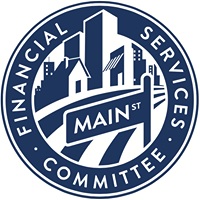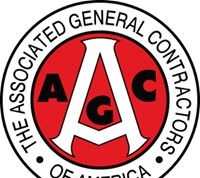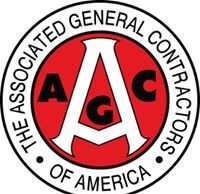Subcommittee Examines Ginnie Mae’s Role in Housing Finance System
Washington, DC – (RealEstateRama) — The Housing and Insurance Subcommittee met today to assess the role of the Government National Mortgage Association – commonly referred to as “Ginnie Mae” – as members continued to examine the need to reform the U.S. housing finance system.

“It’s important that we understand how Ginnie has been able to manage their growth, which has been significant, and their responsibility to the taxpayer. We also must further explore the Ginnie model more in depth as we look to reform the housing finance system and bring more private sector skin in the game,” said Subcommittee Chairman Sean Duffy (R-WI). “As I have said at previous hearings, I think we need to move forward with housing finance reform in a bipartisan manner. I hope today’s hearing will help inform members on both sides of the aisle on what Ginnie’s future role in the housing market could be.”
Ginnie Mae guarantees investors the timely payment of principal and interest on mortgage-backed securities (MBS) collateralized by loans insured or guaranteed by the federal government, such as loans insured by Federal Housing Administration or guaranteed by the Department of Veterans Affairs. Ginnie Mae uses the explicit full faith and credit guarantee of the U.S. Government to back its MBS.
Other guarantors or issuers of loans eligible as collateral for Ginnie Mae MBS include the Department of Agriculture’s Rural Housing Service and the Department of Housing and Urban Development’s Office of Public and Indian Housing.
Key Takeaways
- Ginnie Mae’s portfolio has grown significantly since it was founded in 1968.
- America deserves a better housing finance system – one that’s designed for homeowners and taxpayers where every American works hard and plays by the rules so that they can have opportunities and make choices to buy a home they can actually afford to keep.
- America needs a housing policy that is sustainable over time, not one that causes endless boom-bust cycles in real estate that harm our economy.
- Reforming the housing finance system would ensure equal market access for lenders of all sizes and business models, allowing for more competitive prices to occur.
Topline Quotes from Witnesses
“As Secretary Carson said recently in his testimony to this committee, reform to our secondary mortgage market is an important piece of unfinished business from the housing crisis. Reform efforts should be built on shared goals of ensuring a well-functioning housing finance system that provides credit access, and reduces overall taxpayer exposure. It is notable that many of the recent housing finance reform proposals include, in some way, an explicit government guaranty as a catastrophic backstop for some portion of the mortgage market.” – Michael R. Bright, Acting President, Government National Mortgage Association
###

















